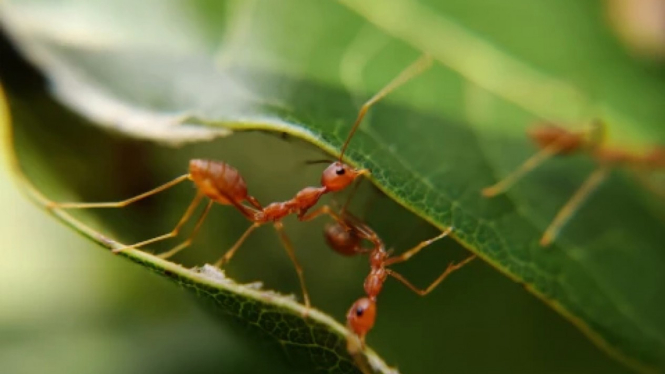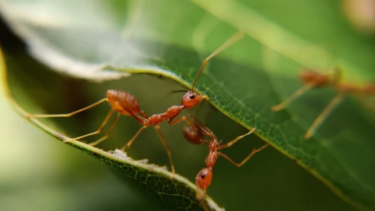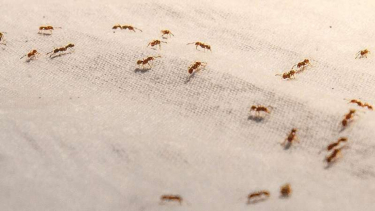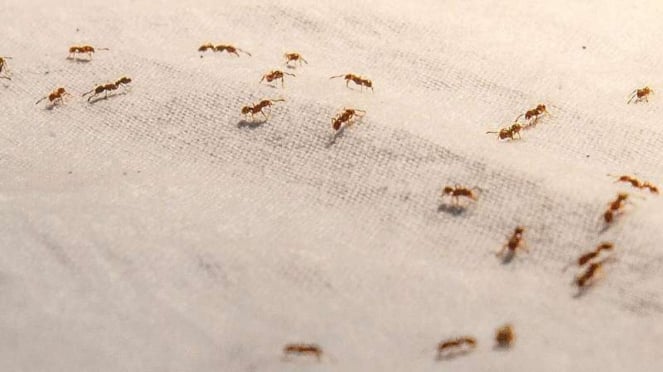- Unsplash
VIVA – A new study finds that ants can be trained to detect cancer in urine. Although ant sniffing is a long way from being used as a diagnostic tool in humans, the results are encouraging, the researchers stated. Because ants lack noses, they use olfactory receptors on their antennae to help them find food or sniff out potential mates.
For the study, published on January 25 in the journal Proceedings of the Royal Society B: Biological Sciences, scientists trained nearly three dozen silky ants (Formica Fusca) to use these acute olfactory receptors for a different task: finding tumors.
In a laboratory, the scientists grafted slices of breast cancer tumors from human samples onto mice and taught the 35 insects to associate urine from the tumor-bearing rodents with sugar.
Semut/Ilustrasi
- Pixabay/ StockSnap
Once placed in a petri dish, the ants spent 20% more time next to urine samples containing cancerous tumors versus healthy urine, according to the study.
“They just want to eat sugar,” the study’s lead author and an ethologist at Sorbonne Paris North University in France, Baptiste Piqueret stated.
Because tumor cells contain volatile organic compounds (VOCs) that researchers can use as cancer biomarkers, animals such as dogs and now ants can be quickly trained to detect these anomalies through their sense of smell. However, researchers think that ants may have the edge over dogs and other animals that are more time-consuming to train.
This is important because the earlier cancer is detected, the sooner treatment can begin. The researchers hope that cancer-sniffing ants have the potential to act as efficient and low-cost cancer bio-detectors.
"The results are very promising. But it is important to recognize that we are still a long way from using them as an everyday way of detecting cancer," Piqueret added.

























